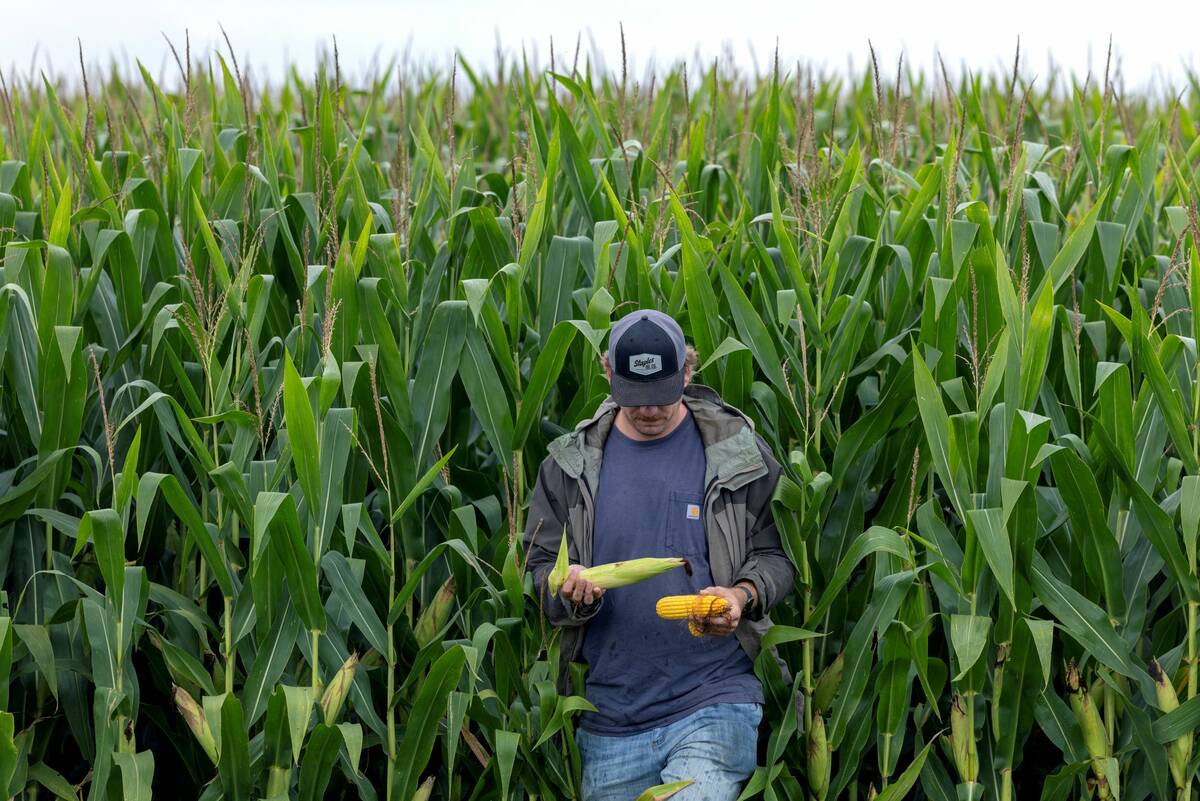Food and business researchers in Ontario plan a new study to measure consumers responses’ to claims of “local,” “sustainable” and “organic” on their food.
Researcher Isabelle Lesschaeve, an expert in consumer insights and product innovation at the Vineland Research and Innovation Centre, will run the study funded in part by a grant of $156,910 from the provincial agriculture, food and rural affairs ministry’s New Directions Research Program.
“This work will forge new ground in determining how price, sensory experience, production practices and region of origin claims affect Ontario consumer decisions to buy horticultural products and wines,” Vineland said in a release Friday.
Read Also

The U.S. corn crop could be the biggest ever. That’s terrible news for America’s farmers.
The USDA predicts a record corn crop for U.S. farmers, who question the agency’s accuracy amidst high debt and low crop prices.
“As an example, growth in the organic sector has been tied to claims that organic food is a healthier and more environmentally responsible choice,” Lesschaeve said. “However, no systematic research has been conducted to assess how consumers truly respond to these claims.”
In Ontario, similar expectations about health and environmental benefits exist for locally produced food, she noted.
“Promotion in this sector has developed an opportunity to expand the Ontario market and sustain the agri-food sector,” she said. “This is why it is necessary to understand the sensory and psychological factors affecting consumer purchases of organic and local food and whether production practices or region of origin have a significant impact on actual purchase behaviour.”
“This work will assist in better understanding the differences between what consumers say they will buy and what they actually do buy,” Vineland CEO Jim Brandle said in the same release.
Ontario agri-food businesses, from growers through to retail, benefit when they can make informed decisions and deliver products that consumers want, he said.
“With a clearer picture of how the consumer makes choices, labeling and marketing strategies can be tailored to the advantage of Ontario producers.”
Project partners in the study are to include Local Food Plus, Vineland Growers Co-operative, Ontario Grape and Wine Research Inc., Niagara Peninsula Fruit and Vegetable Growers Association and researchers from the faculty of business at Brock University at St. Catharines.
Based at Lincoln, about 30 km west of Niagara Falls, Vineland is billed as an independent, not-for-profit centre for horticultural science. The centre, created in 1906, has since managed research contributing to Ontario’s tender fruit, wine and greenhouse industries.











